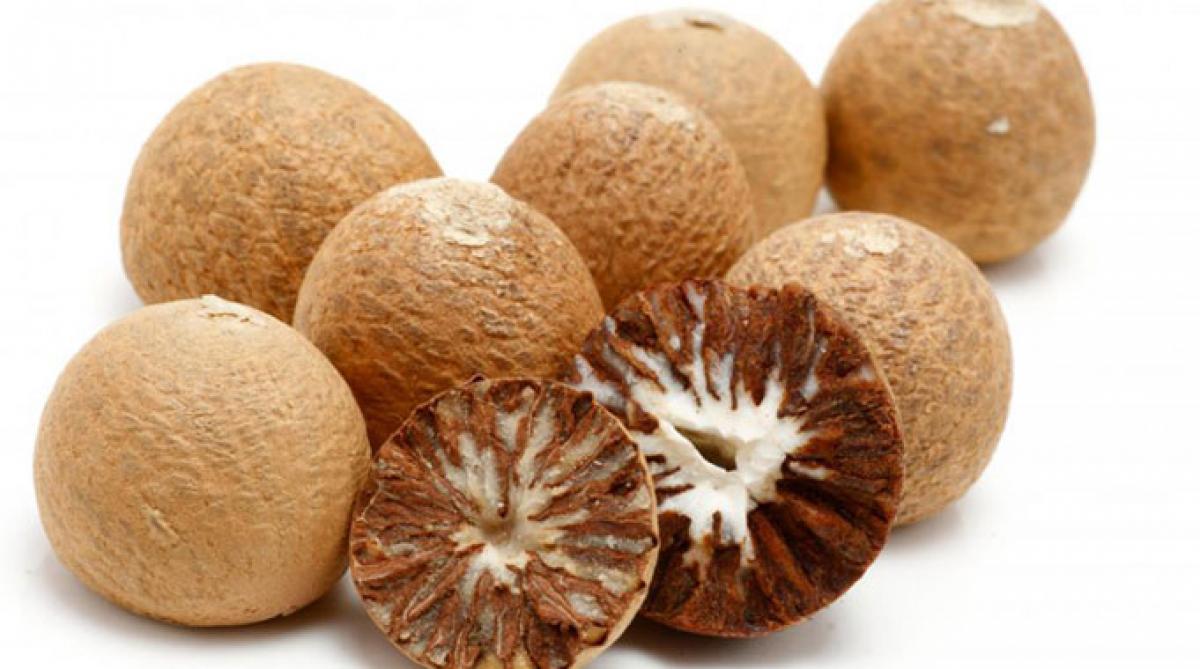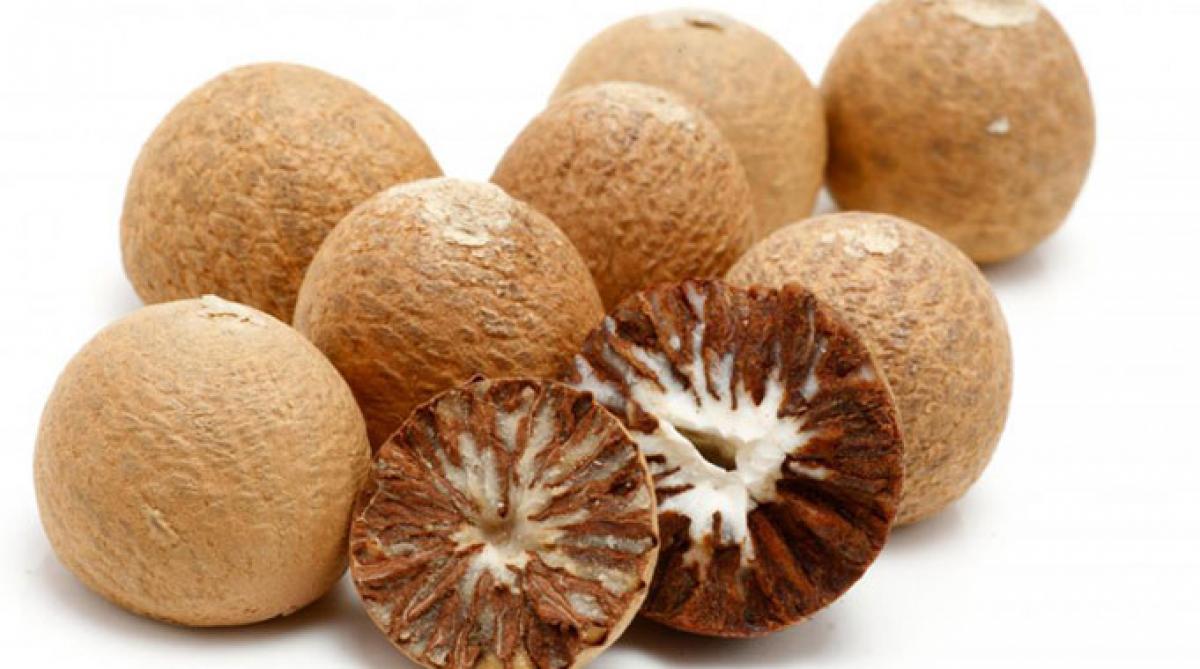Anti-smoking drug can also treat betel nut dependence

Anti-smoking drug can also treat betel nut dependence. The same brain mechanism that makes smokers dependent on nicotine may also work in causing addiction among users of betel nut, new research suggests.
The same brain mechanism that makes smokers dependent on nicotine may also work in causing addiction among users of betel nut, new research suggests.
 This raises the possibility that prescription drugs now used to break nicotine dependence could also be effective against betel nut addiction, said one of the researchers Roger Papke, professor at University of Florida College of Medicine in the US.
This raises the possibility that prescription drugs now used to break nicotine dependence could also be effective against betel nut addiction, said one of the researchers Roger Papke, professor at University of Florida College of Medicine in the US.The betel nut, a seed of the areca palm, is grown and used throughout India, parts of China and much of Southeast Asia. The nut's active ingredient, arecoline, acts on the same receptor proteins in the brain as nicotine, the findings showed.
"Without knowing why people become dependent, there was no way to help them get over the dependence. This provides a new avenue toward treating the addiction," Papke said.
Chewing the betel quid -- a mixture of areca nut, spices and slaked lime wrapped in betel vine leaves -- has been a cultural tradition in India and many other South Asian countries for centuries.
In small doses, it creates a sense of euphoria and alertness. But prolonged use can create addiction and increase the risk of oral cancer. The World Health Organisation classifies the betel nut as a carcinogen, the study pointed out.
The researcher found that application of the areca nut extract activated the same receptor proteins in the brain as nicotine, and did so in a way that could affect a person's behaviour.
"That showed a commonality between the dependence mechanism for betel nut use and the dependence mechanism for smokers," Papke said.
"This is the first time that there's even a potential avenue for treating this dependence, which exists in probably hundreds of millions of people," Papke said. (The study appeared in the journal PLOS ONE.)











